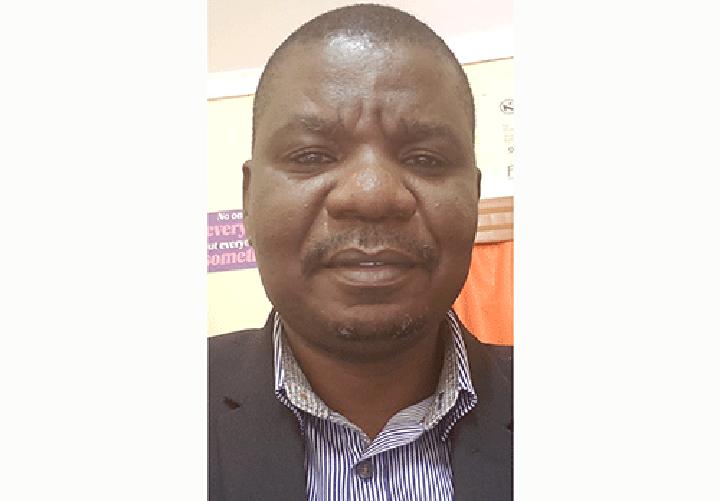Africa-Press – Namibia. Paul Wellstone posited that politics that is not sensitive to the concerns and circumstances of people’s lives, a politics that does not speak to and include people, is an intellectually arrogant politics that deserves to fail. According to Anshita Agarwal, political arrogance is the attitude where the people do not accept others or their ideas, but think of themselves as superior.
The support from many Namibians for the liberation struggle was to oppose the socio-economic inequalities which were rooted in the political economy of apartheid colonialism. While political freedom had been attained, socio-economic inequalities remain at the doorstep of many as the share of individuals below the poverty line has remained generally the same. The richest people, joined by tenderpreneur elites, continue to be richer and those within the middle, divided into upper, middle and lower middle-classes, fluctuate within their classes like company shares on the stock exchanges. Those who question the misplaced principles of the struggle are met with political arrogance, leading to many to be disillusioned.
This moronic arrogance can be observed in terms of language use, displayed by political leaders who resort to certain pragmatic strategies to appear as superior to others.
The arrogance, coupled with a combination of factors such as the outdated populist narrative, financial scandals, elite self-enrichment and the choice of unethical candidates for political positions is steadily eroding the popularity of the ruling party. If the leaders (national & regional) continue failing to adapt to the changes, which include being sensitive to other people`s needs and ideas as well, then that may lead to their continued downfall. A lot of leaders think that being arrogant makes them look powerful and more loyal, but in the long run, this same arrogance contributes to lethargic voting.
The liberation struggle heroics and loyalty narratives seem to be nearing their expiry date. Many people are realising that being loyal and going to bed with an empty stomach or being at the receiving end of poor service delivery are two different ball games. These people, especially the millennials, expect good governance, which is not measured in rhetoric but delivery. The electorate are beginning to forget and fall for the fake plot and the blandishments during electioneering while they continue to observe incidents that sully the image of the ruling party, which has negated whatever good the party was admired for. There is little recognition that the failure to uproot corruption, favoritism, nepotism and poor service delivery embodied in the state continues to be at the root of the citizens` malaise.
Those with political muscle view those with whom they disagree as not only wrong but even brainwashed, stupid and incapable of reason. Believing that critics are either duped or trying to cause harm destroys the trust on which party unity depends. It wrecks politics and political discussion. It weakens people`s intellect. It distorts the mission for the struggle. It threatens unity. It ends the desire to vote.
The past election results (2019 and 2020) and the murmuring of the dissatisfied electorate in corridors should serve as a warning sign that people`s eyes and ears are beginning to open wide, and unless ultrapure candidate are selected, disastrous results can be expected. For the ruling party to win back the trust of the electorate, come 2024, the careful nomination of candidates who possess political humility, which is a branch of intellectual humility at both district, regional and national structures, should be considered.
These are leaders who are able to implement the ideas or acts that are for the betterment of the country and its people, and not those who use their power to satisfy their pride and egos. Intellectually humble leaders understand their own beliefs as subject to further consideration, and typically feel willing and able to learn from the views of others, even those with whom they vigorously disagree.
Possessing intellectual humility counterpoise narcissism, pomposity and the need to dominate others. These leaders possess a malleable personality trait, which is defined as the capacity for recognising that a particular personal belief or position may be fallible.
For More News And Analysis About Namibia Follow Africa-Press






